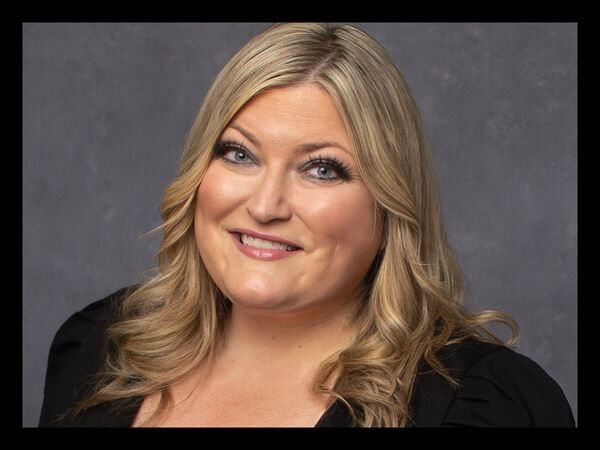A guide to Malawi's presidential and parliamentary elections
News > Politics & Government News

Audio By Carbonatix
8:13 AM on Monday, September 15
The Associated Press
BLANTYRE, Malawi (AP) — Malawi held elections Tuesday to choose a president, lawmakers and local government representatives, the first national vote since a 2019 presidential election was nullified and redone a year later because of widespread irregularities.
Here is what to know as people cast their votes in the southern African country grappling with fuel shortages and a cost-of-living crisis.
This election features the same two main candidates that faced off in the fraudulent 2019 vote.
Then-incumbent Peter Mutharika won that election against the closest challenger, Lazarus Chakwera, only for a court to invalidate Mutharika's win and order a rerun following months of street protests. Chakwera won a new election held more than a year later in 2020.
It was only the second time in Africa that a court had ordered a presidential election to be re-held and the first time it resulted in the removal of the incumbent.
Chakwera is now the president and Mutharika his strongest challenger.
The Malawi Electoral Commission is under heavy scrutiny to ensure a free and fair election this time. Mutharika stoked controversy by choosing the former head of the electoral commission, who was fiercely criticized for the failed 2019 vote, as his running mate this year.
Chakwera is a 70-year-old former theology instructor and preacher who is seeking a second five-year term as an economic crisis grips Malawi, one of Africa's poorer and least developed countries.
Mutharika is 85 years old and has a long history in Malawian politics, having served in the Cabinet during the time his older brother, Bingu wa Mutharika, was president from 2004-2012. Peter Mutharika then served as president from 2014-2020. He is now taking another shot at the leadership despite a court finding evidence of fraud in his 2019 victory, including correctional fluid used to change vote tally sheets.
There are 17 candidates in total standing for president, including Joyce Banda, who was Malawi's leader from 2012-2014, between the Mutharika brothers. She was Bingu wa Mutharika’s vice president and finished his term after his death.
Malawi's agriculture-based economy is in deep trouble, partly because of a series of climate shocks like cyclones and drought and the spiking cost of fertilizer. Inflation has risen from around 8% to 27% during Chakwera's term.
Everyday food items are unaffordable for many in the landlocked country of around 21 million people wedged between Tanzania, Zambia and Mozambique. More than 80% of Malawi's population live in rural areas and rely on agriculture to survive.
A critical shortage of fuel has also meant that queues at gas stations, a part of life now, may be longer than the queues at ballot stations on election day.
The election will be held on one day and the results must be announced within a week of polls closing. Malawians will vote for president, the makeup of the 229-seat Parliament, known as the National Assembly, and for more than 500 local government officials.
Malawi changed its electoral law after the 2020 election and the winner of the presidential election now needs to receive more than 50% of the vote.
Analysts see a strong likelihood that no one will get a majority in the first round of voting, forcing a likely runoff and yet another vote pitting Chakwera and Mutharika against each other.
A runoff must happen within 30 days of the announcement of election results.
___
AP Africa news: https://apnews.com/hub/africa












